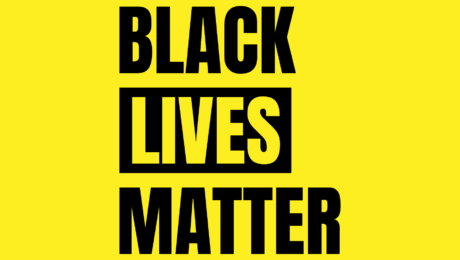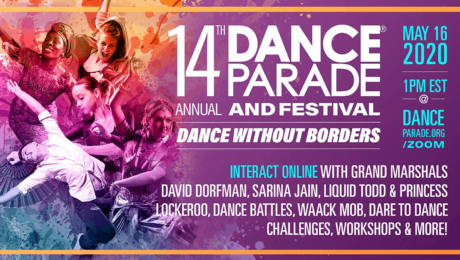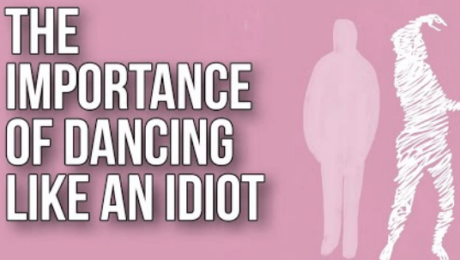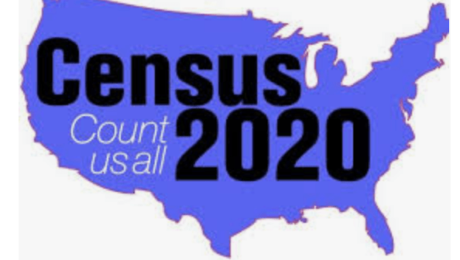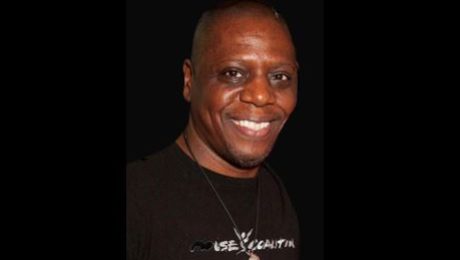Dear Dancer,
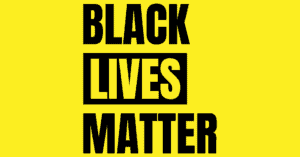
|
On behalf of the Dance Parade Board, Steering Committee and the broader dance community we serve, I convey our deepest condolences to the families of George Floyd, Ahmaud Arbery, Breonna Taylor, Tony McDadde, Christian Cooper, David McAtee and countless other victims of injustice everywhere.
Dance Parade plays a critical role condemning racial injustice and hate. By presenting as many cultural dances as possible, our work seeks to advance cultural equity, celebrate diversity and inclusion for all people — not just those who are privileged by structural inequities or the color of their skin.
As we recognize #BlackOutTuesday today please take a moment to educate yourself on these issues and consider supporting one or more of the non-profit organizations below who are fighting to change the structural racism that surrounds us.
In solidarity,
Greg Miller
Executive Director
NAACP Legal Defense and Education Fund is the country’s top legal firm fighting for racial justice. Through litigation, advocacy, and public education, it seeks structural changes to expand democracy, eliminate disparities, and achieve justice for all. It also defends the gains and protections won over the past 75 years of civil rights struggle.
Poor People’s Campaign confronts the interlocking evils of systemic racism, poverty, and militarism. As a nation we are at a critical juncture — and we need a movement led by working people that will shift the moral narrative, impact policies and elections at every level of government, and build lasting power for poor and impacted people.
Color of Change is the nation’s largest online racial justice organization that helps people respond effectively to injustice in the world around us. As a national online force driven by 1.7 million members, they move decision-makers in corporations and government to create a more human and less hostile world for Black people in America.
The Citizenship Education Fund, founded by the Rev. Jesse Jackson, is working to protect, defend and gain civil rights by leveling the economic and educational playing fields while promoting peace and justice around the world. It is a multi-racial, multi-issue, progressive organization that is dedicated to improving the lives of all people by serving as a voice for the voiceless.
Mijente is a national hub for Latinx and Chincanx organizing that advocates on behalf of those communities as well as other oppressed communities. It has been leading the charge within Spanish language media, attempting to bring awareness and solidarity with Black-led protests and organizations. It serves as a link between many Black-led organizations and Spanish-speaking communities, participating and leading in solidarity actions in several states.
The Bail Project is a national nonprofit organization that pays bail for people in need, reuniting families and restoring the presumption of innocence. In fighting mass incarceration, they aim to secure freedom for as many people as possible and ensure equal justice for all.
These groups are doing important work in communities all across the country, and now more than ever they are counting on our support.
|
|
#TheShowMustBePaused #BlackOutTuesday #BlackLivesMatter
#DanceWithoutBorders #DanceParadeNYC
Dance Parade is a 501(c)3 Non-Profit Organization
|
- Published in 2020
The importance of dancing like an Idiot
On Saturday May 16th the 14th Annual Dance Parade and Festival goes Virtual! Dance Parade is for everyone and now it’s accessible everywhere.
Join thousands of professional dancers and plain ‘ol dance moms, kids, teens and older adults as we boogie down to DJs. Register for the FREE virtual parade here.
We love the values of this video, “The Importance of Dancing Like an Idiot!” and we hope you will too!
- Published in 2020, Genre Buzz
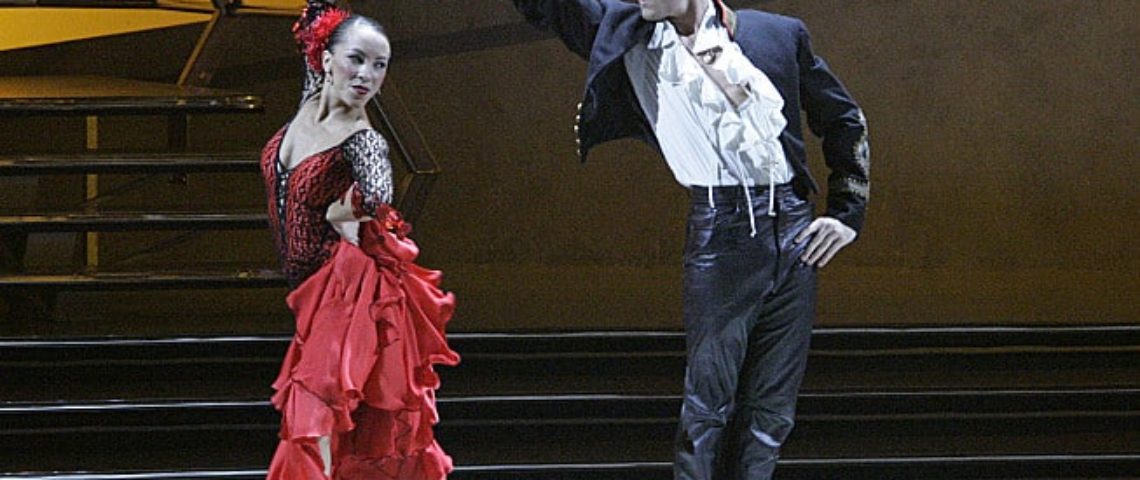
Genre Buzz: Pasodoble, a passionate Spanish ballroom dance!
- Published in 2020, Genre Buzz
Responding to the Census
Your Invitation To Respond
The time is now. Help shape your future, and your community’s future, by responding to the 2020 Census.
Most households received their invitation to respond to the 2020 Census between March 12 – 20. These official Census Bureau mailings will include detailed information and a Census ID for completing the Census online.
In addition to an invitation to respond, some households will receive a paper questionnaire (sometimes known as the census form). You do not need to wait for your paper questionnaire to respond to the Census.
The 2020 Census is for everyone.
Please complete your form online, by phone, or by mail when your invitation to respond arrives. Visit my2020census.gov to begin.
How To Respond
The 2020 Census will ask a few simple questions about you and everyone who is or will be living with you on April 1, 2020.
For the first time, you can choose to complete the census online, by phone, or by mail. Find out more about each of these methods below:
Please note that if you are responding online, you must complete the census in one sitting, as you don’t have the ability to save your progress. See the questions the census asks here.
If you do not receive an invitation to respond from the Census Bureau, you may respond online or visit our Contact Us page to call our phone line.
Who Should Respond
The 2020 Census counts everyone living in the United States and its five territories (Puerto Rico, American Samoa, the Commonwealth of the Northern Mariana Islands, Guam, and the U.S. Virgin Islands).
One person should respond for each home. That person must be at least 15 years old. They should live in the home or place of residence themselves and know general information about each person living there. (For more information, visit Questions Asked.)
Please note: If you live in American Samoa, the Commonwealth of the Northern Mariana Islands, Guam, or the U.S. Virgin Islands, the process for completing the census will be 100% paper-based and led by Census takers. Visit Counting the Island Areas for more information.
Everyone Counts
The Census Bureau has specific operations and processes in place to count everyone, including those in group living situations such as college dorms, nursing homes, military barracks, and prisons.
Who Should Be Counted and Where?
You should be counted where you are living and sleeping most of the time as of April 1, 2020. If you are responding for your home, count everyone who lives and sleeps there most of the time as of April 1, 2020. This includes young children, foster children, roommates, and any family members or friends who are living with you, even temporarily.
Please note that if someone is staying with you temporarily on April 1 due to the COVID-19 situation, they should be counted where they usually live. This includes college students, who should still be counted at school, even if they are home early because of the COVID-19 situation. If they live in student housing, the college will count them. If they live off campus, they should respond for the off-campus address and include any roommates or other people living there.
If someone is staying with you on April 1 who doesn’t have a usual home elsewhere, please include them in your response.
People in some living situations—including students, service members, and people in health care facilities—may have questions about how to respond or where they should count themselves. You may also have questions if you are moving, have multiple residences, or have no permanent address.
For more information, please visit Who to Count.
Language Support
You can complete the census online or by phone in 13 different languages: English, Spanish, Chinese, Vietnamese, Korean, Russian, Arabic, Tagalog, Polish, French, Haitian Creole, Portuguese, and Japanese.
In addition, bilingual invitations and paper questionnaires in English and Spanish will be sent to select areas of the country.
To help you respond, the Census Bureau also offers webpages and guides in 59 non-English languages, including American Sign Language, as well as guides in Braille and large print. Visit Language Support to learn more.
- Published in 2020
TEAM SPOTLIGHT: Meet Ali Coleman!
In each issue of our STEPS! Newsletter we try to cast the Spotlight on one of our awesome team members to find out more about where they came from and to suss out their connection to dance and supporting the Dance Parade team. In this issue, we put the spotlight on Ali Coleman.
Hi, Ali. Thanks for taking time out of your busy schedule to talk with us.
What is your current role with Dance Parade?

My current role with Dance Parade is helping to coordinate Sponsorship. For me, I’ve been involved coordinating the House Coalition along with Luis Vargas for 14 years and consider Dance Parade as the Super Bowl of all my events each year! Having run an ad agency with a lot of nightlife industry contacts, I’m pyshced to join Dance Parade’s Steering Committee, many of whom I’ve known for years.
What are you up to when you’re not helping with Dance Parade?
I am a veteran NYC DJ, party organizer & promoter and Nightlife Advocate.
What is your favorite style of dance to watch? to participate in?
I Love to watch all styles of dance, but I would say that Pasodoble is my favorite to watch…such power in the movement! My favorite to participate in is ‘Freestyle’…no structure, just free movement.
Check out this video if you would like to know more about Pasodoble!
(sadly we didn’t catch Ali Coleman dancing to it..just yet!)
What is your dance background or interest in dance?
I’ve always been an avid dancer. I had my 1st dance performance on stage at the age of 5 in my elementary school’s talent show. For me dance is akin to breathing…without dance there is no life!
If you could share the stage with anyone in history famous or not, living or deceased, a trained dancer or not, performing a routine choreographed by yourself…who would it be?
The Nicholas Brothers, definitely!

Last year we honored immigrants and indiginous dance with “Movement of the People”. The year before, we celebrate the repeal of the Cabaret Law with the theme “The Cabaret of Life” — What does the 2020’s theme “Dance Without Borders ” mean to you?
Dance Without Boarders confirms what I’ve said for many years now.. I believe that anywhere we go on earth there is music and there are people dancing to that music.
What dance group or dance style are you most looking forward to seeing this coming year in the parade?
That’s a hard one….Dance Parade is like eating Sashimi…so many spectacular dance styles…impossible to pick just one

If you could choose a Grand Marshal for this year’s parade….who would it be?
Francois K.
If you could pick another country to hold a Dance Parade and Festival….which would it be?
Germany, Amsterdam…Japan would be phenomenal!!
Working for a non profit organization can at times be daunting and frustrating with limited personnel and funding….what is it that keeps you coming back for more and more?
Dance Parade encompasses everything that I believe at my core. It involves all cultures sharing in one of our most ancient communal activities! It’s one of my favorite days of the year!!
Describe a special memory you have from Dance Parades past?
One of my special memories is of the very 1st parade…I remember being very excited for that day to arrive, and didn’t even dance in the 1st parade. Instead I stood on the corner of 5th Ave between 8th street & Washington Square (north) to capture the parade on video!! Just thinking about it now has a big smile on my face!
What pitch would you use to attract a new volunteer onto the Dance Parade team?
Dance Parade is absolutely the most fun you’ll ever have working!!!

- Published in 2020, Team Spotlight, Volunteer Spotlight

